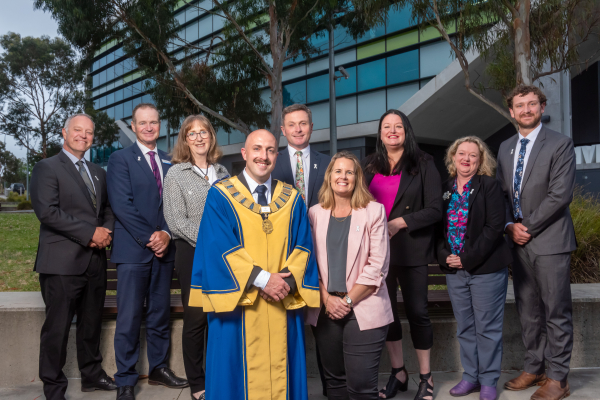Australia’s skills training system needs to be transformed so that it reflects the needs of a dynamic economy and students can embark on lifelong learning. This transformation needs to put students at the heart of the skills training system. That’s the ambition set out in a new policy statement released by the Independent Tertiary Education Council Australia (ITECA), the peak body representing independent providers in the skills training, higher education, and international education sectors.
“The significance of this ambitious vision can be found in the fact that government data referenced in the ITECA State Of The Sector Report shows that independent Registered Training Organisations (RTOs) support 87.1% of the 4.3 million students in skills training, including more than half of the apprentices and trainees,” said Troy Williams, ITECA Chief Executive.
The policy statement sets five key areas for reform that seek to improve outcomes for students, employers and taxpayers. However, it is the overarching theme of the policy statement that is important.
“As governments embark on policy reform, it is imperative that they put students at the heart of the skills training system. Reforms should be student-centric and back the informed decisions of students to study with the provider of their choice whether this be an independent RTO or a public provider,” Mr Williams said.
The policy statement references the fact that it will be Australia’s independent RTOs that will do the heavy lifting in delivering the skills training that helps students achieve their life and career goals. Independent providers support 87.1% of all students in skills training, including 70.9% of Diploma (and higher) enrolments, and 69.4% of Certificate IV enrolments. Of note is the fact that independent providers support 75.7% of indigenous students In skills training. According to ITECA, the Australian, state and territory governments need to do more to back students that choose to study with independent providers.
“As technology continues to reshape industries and automation becomes more prevalent, the demand for adaptable and future-proof skills intensifies. Australia’s skills training system must rise to the challenge by empowering individuals with the knowledge and expertise needed to select the program and provider that will allow them to thrive in a time of constant change,” Mr Williams said.
The policy statement is student-centric in nature and seeks to create an environment in which students are able to make informed decisions about the study options to help them achieve their life and career goals.
“We need to place students at the heart of skills training funding policy, allowing a student to access a government-funded place in a priority skills area with the quality provider of their choice,” Mr Williams said.
The 2023 Vision For Skills Training has a strong focus on red tape reduction.
“The Australian, state and territory governments need to streamline mandatory compliance and activity reporting in skills training based on the ‘report once, use many times’ principle, allowing RTOs to focus on student outcomes and not government red tape,” Mr Williams said.
Also included in the policy statement are ITECA’s ambitions for alignment between the skills training and higher education systems.
“We need governments to support an integrated tertiary education system, in which the skills training and higher education systems operate as one but retain their separate strengths and identities,” Mr Williams said.








